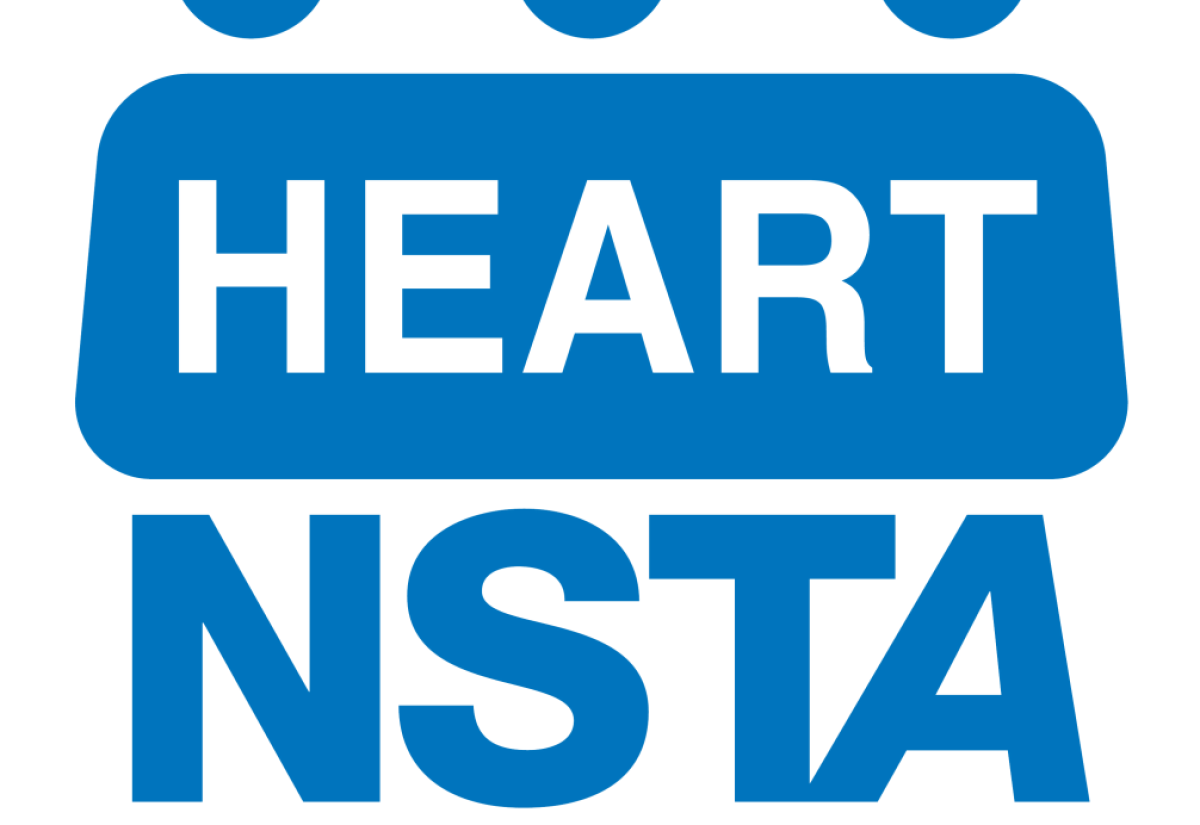HEART/NSTA Trust Introduces Risk-Based Operational Plan
By: , April 22, 2024The Full Story
HEART/NSTA Trust has developed a risk-based strategic plan that encompasses three priority areas – enhancing the quality of training and certification, increasing services to youth at risk, and strengthening the Technical and Vocational Education and Training (TVET) ecosystem.
Enhancement of training and certification will involve, inter alia, enrolment of 122,659 trainees in various programmes, with 50,279 obtaining certification within the 2024/25 financial year.
A throughput/certification rate of 75 per cent is also targeted, as the Trust seeks to continually improve in this area.
According to the Jamaica Public Bodies Estimates and Expenditure tabled in Parliament during the 2024/25 Budget Debate, for the financial year, ending March 25, training will be delivered across its network of 26 wholly operated institutions.
This will be done in partnership with more than 75 community training interventions, enterprise and work-based training interventions and adult education sites.
HEART says that continued opportunities will be pursued to partner with other agencies, and provide programmes and services for at risk youth.
One such body is the Citizens Security Programme, financed by the European Development Fund.
The programme’s overall objective is to contribute to the improvement of the security environment in Jamaican communities.
Other planned/ongoing activities include the Learning and Investment for Transformation (LIFT) Programme, as well as the Jamaica National Service Corps (JNSC) in partnership with the Jamaica Defence Force (JDF).
Improved emphasis will be placed on expanding access to new and emerging skills through the development and delivery of labour market demand-driven training, certification and job-placement opportunities.
The Trust is aiming for a 98 per cent alignment of its programmes and services to employers’ current and emerging needs within the Budget year.
Jamaicans will be placed in the short and long-term employment opportunities through the HOPE Youth Summer Work Programme, Empowerment Programme (targeting persons with disabilities) and the Graduate Work Experience Programme (targeting college graduates).
Digital apprenticeship will also be offered to support current and future workers in acquiring digital skills.
HEART will continue to contribute to programmes administered by the Ministry of Education and Youth.
The allocation of $400 million during the Budget year will support college credits for students under the Sixth-Form Pathways Programme, TVET integration in schools, as well as other science, technology, engineering and mathematics (STEM) initiatives.
HEART is projecting a pre-tax net surplus of $202 million for 2024/25.
It’s staff complement is forecast to be 2,350.
The Agency is a statutory body incorporated under the Human Employment and Resource Training Act, 1982, with a mandate to provide a trained and certified workforce at international standards for the labour market.
This, by providing vocational training across Jamaica that equips workers with the necessary knowledge, skills and attitudes needed for higher levels of productivity.
In 1991, the entity was renamed the HEART Trust /National Training Agency (NTA) and, eventually, HEART/NSTA Trust in 2019, incorporating the Jamaican Foundation for Lifelong Learning (JFLL), National Youth Service (NYS) and the Apprenticeship Board.
The HEART Act provides for the establishment of a special fund referred to as the HEART/NSTA Trust Fund.
This requires employers to contribute three per cent of their gross payroll to the Trust, less permitted payments, to its registered learners which is used to finance its operations.



